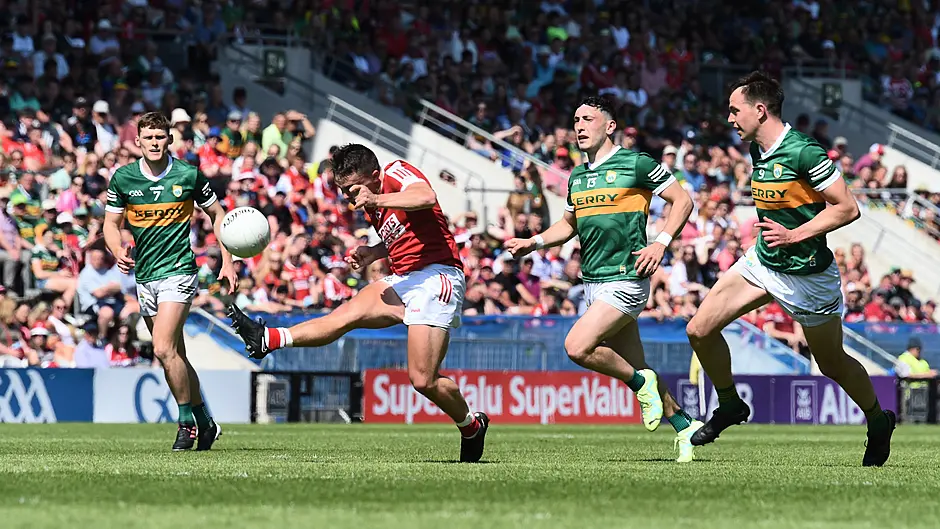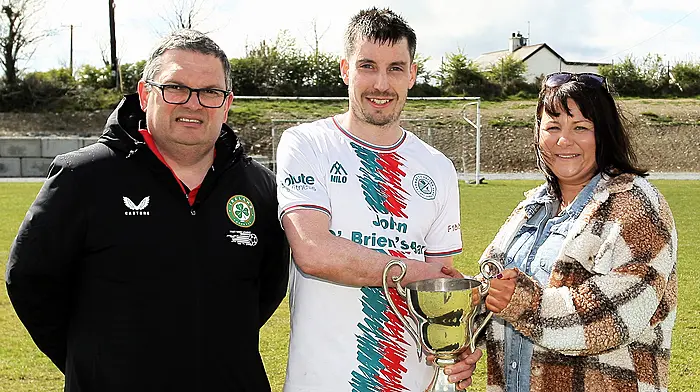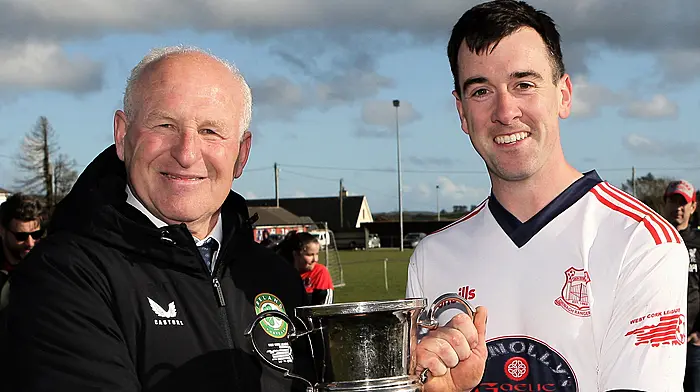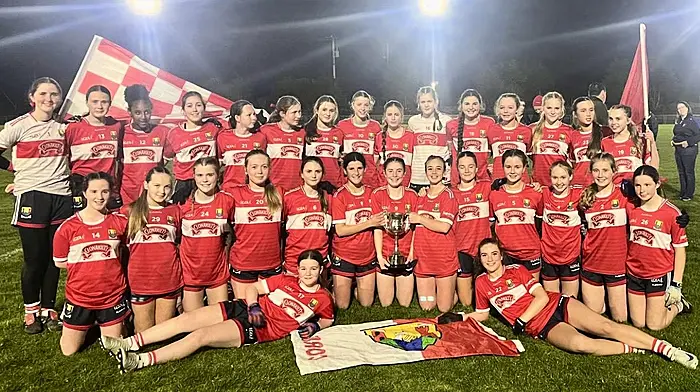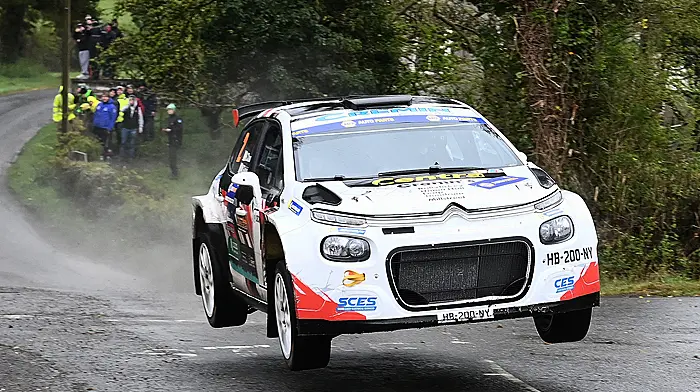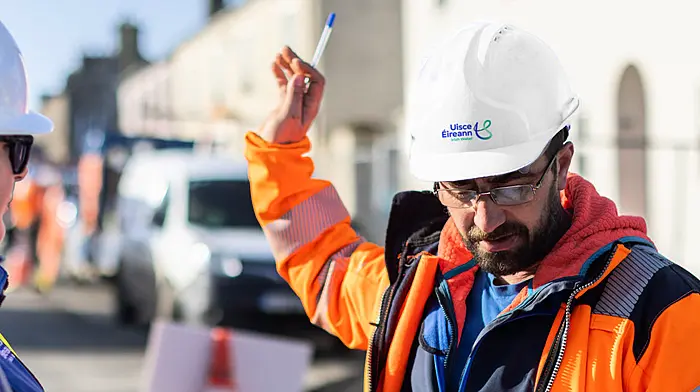THERE’S a distinct lack of noise – perhaps even interest – in the build up to the latest installment of Cork v Kerry, the once-intense rivalry that has lost its edge.
Where once this battle of the Munster bluebloods, whether they went to war in Páirc Uí Chaoimh or Killarney, captured the imagination and demanded your attention, the reality is now it passes many people by.
The GAA needs to wake up. The landscape is changing. Society is changing. And the GAA doesn’t hold the same dominance as it once did. In a week that saw Rory McIlroy’s Masters’ triumph and then Champions League quarter-finals grab the headlines, it’s never been as evident that to grab attention and get bums on seats, you need to sell your product. But the GAA is coming up short here. The evidence: no Cork footballer was allowed talk to the media after the Munster quarter-final win against Limerick (the media received a message as such 38 minutes before throw-in at the Gaelic Grounds) and no Cork footballer was allowed talk ahead of Saturday’s semi-final against Kerry. Instead, only Cork manager John Cleary was put forward, on a Thursday at 4.45pm in the city.
This was Cork football’s only media briefing ahead of the game, we were told, and that’s why this week’s big match preview includes no thoughts of a Cork footballer. Shutting up shop and saying nothing is a strange approach to engaging with fans and promoting your product, as is the logic of cocooning grown men away from a chat with, for some, their local paper.
There are great characters in the Cork dressing-room, with their own stories to tell, yet they’re being silenced as soon as it comes to the championship – and Cork isn’t the only county adopting this approach, it’s widespread across the GAA.
This lack of accessibility is a direct contrast to other sports, and indeed other strands of the GAA. It’s now easier to chat to a Munster rugby player or an Olympic champion or a Cork camogie player or a Cork ladies footballer, and so on.
We’ll keep referring to the Cork five-year football plan until a thorough review is held on its success or not. One stated objective was ‘that Cork football reconnects with its supporters.’ Spoiler: they haven’t. That plan’s failure to arrest Cork football’s slide has also led to the dilution of the rivalry with Kerry.
For a rivalry to endure, there needs to be a sense of jeopardy, but right now there isn’t. It’s all weighted in Kerry’s favour – Cork have beaten the Kingdom just once in their last 12 championship outings. There’s a distinct gap between the counties that leads Kerry fans expecting to win, while Cork supporters travel in hope. How many fans throng or trickle into Páirc Uí Chaoimh on Saturday will be of interest too – there’s a genuine argument to be made that Páirc Uí Rinn should be the footballers’ home for now. It’s easier to fill and generates a far better atmosphere than a sparsely-populated Páirc Uí Chaoimh; just look at the win against Donegal at Páirc Uí Rinn last summer.
Attendance numbers for Cork v Kerry are falling, too. When the counties last met in Páirc Uí Chaoimh in 2023 in an All-Ireland championship game, 14,081 fans turned up – will we better that number on Easter Saturday night?
The Cork fans who make the trip will hope for a home win, and a shock isn't beyond the realms of possibility. Just look at Rory McIlroy’s incredible Masters’ victory as inspiration – he kept knocking at the door year after year, and it finally opened.
Cork football needs a lift. The county’s last Munster senior football title was back in 2012, and that season Cork beat Kerry in a Munster semi-final at Páirc Uí Chaoimh on the way to provincial glory. A repeat of that would louden the Rebels’ yell, and that’s the noise that is needed.

